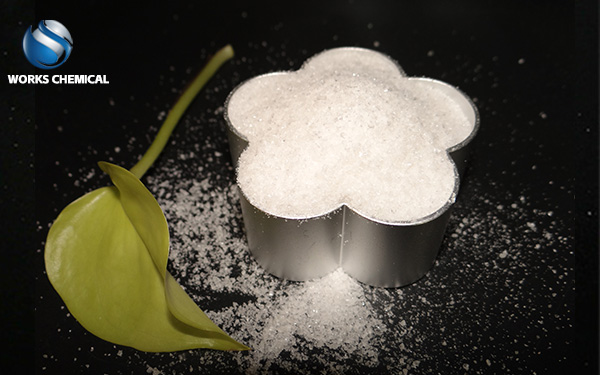
In the sludge treatment process, it is very important to choose the right sludge dehydrating agent to improve the dewatering performance. According to the publicly released information, the following sludge dehydrants are outstanding in improving the dewatering performance:

1. Polyacrylamide (PAM)
Overview: Polyacrylamide is a kind of high polymer dehydrating agent, with excellent flocculation and condensation properties.
Features: PAM can react with suspended particles in the sludge through hydrogen bonding, so that they gather together to form a larger flocculent, which is easy to settle and separate. The advantages of PAM include high efficiency, fast, safe, non-toxic and so on.
Classification and application: PAM can be divided into anionic type, cationic type and non-ionic type according to ionic properties. Different types of PAM are suitable for different sludge treatment scenarios. For example, anionic PAM is often used for the dehydration of tailings water such as coal washing, sand washing, and mineral processing, while cationic PAM is more suitable for the dehydration of paper making, pharmaceuticals, urban sewage, and industrial sewage.
2. Polyaluminum chloride (PAC)
Overview: PAC is an inorganic polymer with a wide range of coagulant effects.
Features: PAC can gather the suspended particles in the sludge together through adsorption and condensation, forming a larger flocculent, so as to facilitate settlement and separation. The price of PAC is relatively low, but its use is relatively large.
Application: PAC has a wide range of applications in the field of sewage and sludge treatment, especially for scenarios with low sewage concentration, such as coal washing plants and sand washing sites.
3. Polyferric sulfate (PFS)
Overview: PFS is an efficient and low-cost sludge dehydrating agent, which also has a wide range of coagulant effects.
Features: PFS can gather the suspended particles in the sludge together through adsorption and condensation, forming a larger flocculent, so as to improve the dehydration performance. Compared to PAC, PFS is used in relatively small quantities, but it is necessary to pay attention to its corrosiveness on equipment.
4. Biological enzyme preparation
Overview: Bioenzyme preparation is a new type of sludge dehydrating agent, which can improve the dehydrating performance by enzymatic decomposition of organic matter in sludge.
Features: Biological enzyme preparation has the advantages of high efficiency, environmental protection, safety, etc., but its price is relatively high. Its action mechanism is unique, and it is suitable for sludge treatment scenarios with high environmental protection requirements.
5. Sludge conditioner
Overview: Sludge conditioner is another chemical agent that improves sludge dewatering performance.
Features: Sludge conditioner is usually used in combination with equipment such as filter press, which can make the sludge better break the wall and precipitate more sewage, thus further reducing the sludge moisture content. The application effect of sludge conditioner on plate and frame filter press is particularly remarkable.
All things considered
When selecting sludge dehydrating agent, it is necessary to comprehensively consider many factors such as the nature of sludge, the requirements of treatment process and economy. Different types of sludge dehydrating agents have different characteristics and use effects, so the appropriate agent should be selected according to the specific situation in practical application. For example, in sludge treatment with high organic content, cationic PAM may be a better choice; In scenarios where costs need to be reduced, a lower-cost agent such as PAC or PFS can be considered. At the same time, with the continuous progress of technology and the improvement of environmental protection requirements, new sludge dehydrating agents (sludge synergists) will gradually be more widely used.